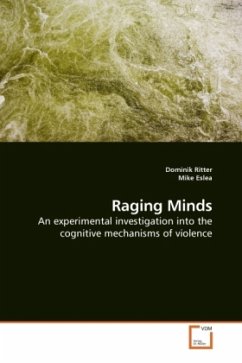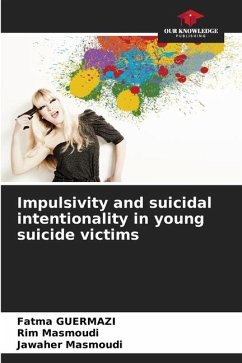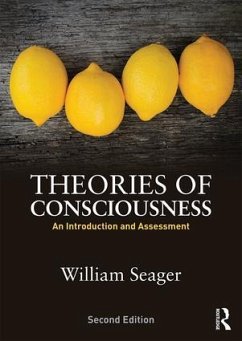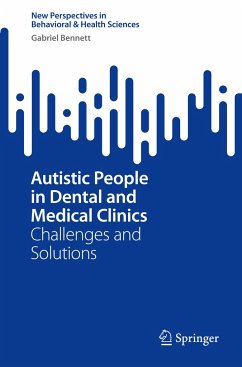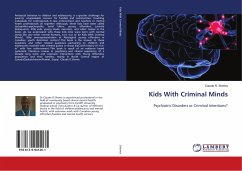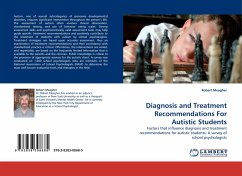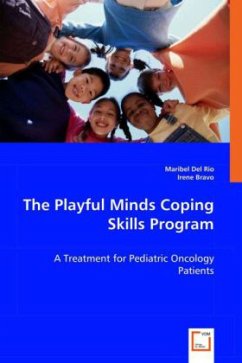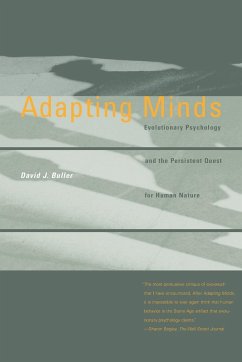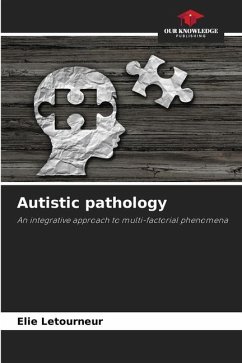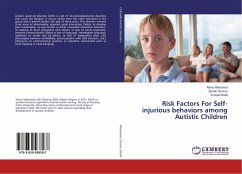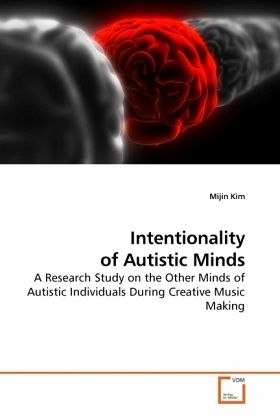
Intentionality of Autistic Minds
A Research Study on the Other Minds of Autistic Individuals During Creative Music Making
Versandkostenfrei!
Versandfertig in 6-10 Tagen
45,99 €
inkl. MwSt.

PAYBACK Punkte
23 °P sammeln!
With growing epidemics of autism, researchers and clinicians have devoted much work to unearthing the meanings and mechanisms of the minds of autistic persons. Central to this problem is that it concerns a mind-brain relation distinctive from that of non-autistic minds, thus requiring a different methodology for investigation. This book illustrates a research study on intentionality of autistic individuals during creative musical improvisations. To examine the meanings of the unknown minds, the author employed a research methodology that assumed two notions: 1) the 'other mind' of autism; and,...
With growing epidemics of autism, researchers and clinicians have devoted much work to unearthing the meanings and mechanisms of the minds of autistic persons. Central to this problem is that it concerns a mind-brain relation distinctive from that of non-autistic minds, thus requiring a different methodology for investigation. This book illustrates a research study on intentionality of autistic individuals during creative musical improvisations. To examine the meanings of the unknown minds, the author employed a research methodology that assumed two notions: 1) the 'other mind' of autism; and, 2) intentionality as observed in the regularities of object-directed behavior. The findings suggest that the distinctive intentional states of autistic persons during their creative musical engagement can ultimately be attributed to a different concept of self, i.e., ego-less self-centrism expressed through the non-social, intrinsic aestheticism. This book provides valuable insights on autism by tapping into the meanings of autistic individuals in their creative musical states as well as on how to approach the intentionality of an unknown mind in relation to its cognitive mechanisms.



